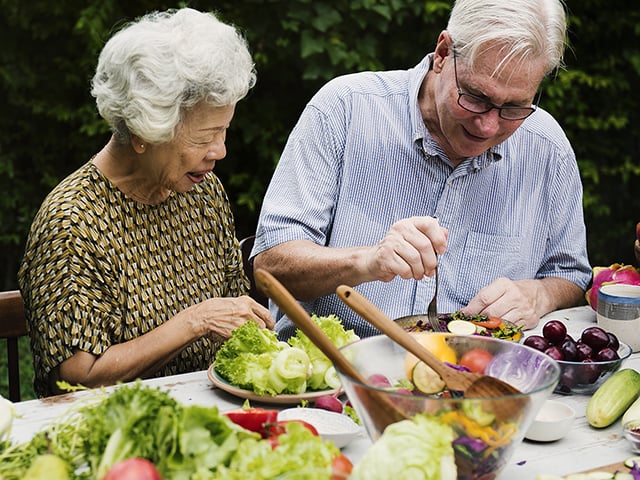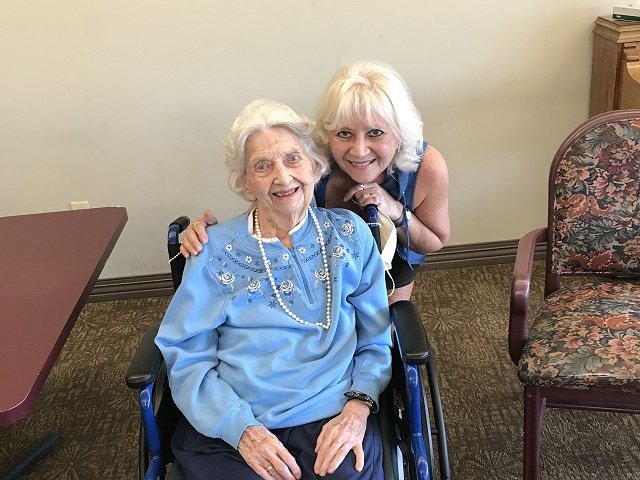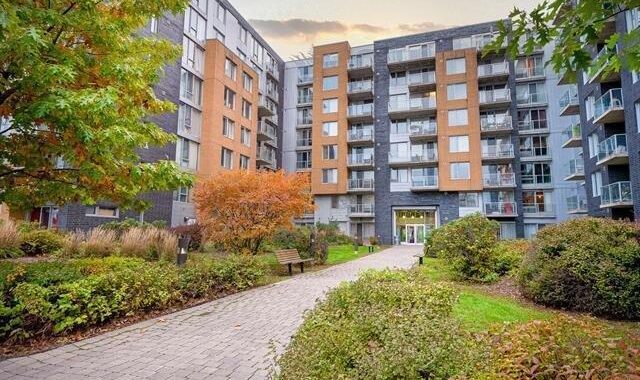Exercise and Aging

Aging is an inevitable part of life. As the years pass, our bodies undergo various changes, both internally and externally. While we can’t stop the clock, we can certainly influence how we age and the quality of life we enjoy in our later years. One of the most powerful tools at our disposal to combat the negative effects of aging is exercise. In this article, we will explore the profound impact of exercise on aging and how staying active can lead to a longer, healthier life.
The Aging Process: What Happens to Our Bodies?
Before delving into the benefits of exercise, it’s essential to understand what happens to our bodies as we age. Aging is a natural and complex process that affects all aspects of our physiology. Some common age-related changes include:
- Muscle Mass Loss: As we age, we tend to lose muscle mass, leading to decreased strength and mobility.
- Bone Density Reduction: Bones become less dense and more brittle, making us susceptible to fractures.
- Metabolic Rate Decline: Our metabolism slows down, making it easier to gain weight and harder to lose it.
- Cardiovascular Changes: The risk of heart disease and high blood pressure increases.
- Joint Stiffness: Joints become stiffer and less flexible, limiting our range of motion.
- Cognitive Decline: Memory and cognitive function may decline with age.
- Mood and Emotional Changes: Emotional well-being can be affected, leading to conditions like depression.
The Role of Exercise in Healthy Aging
Exercise is a powerful antidote to many of these age-related changes. Here’s how staying active can help you age gracefully:
1. Muscle Maintenance
Regular exercise, especially strength training, helps preserve and even build muscle mass. This is crucial for maintaining strength and mobility as you age. Strong muscles also support healthy joints and reduce the risk of falls.
2. Bone Health
Weight-bearing exercises, such as walking or dancing, promote bone density and reduce the risk of osteoporosis. Strong bones are less likely to fracture, ensuring a higher quality of life.
3. Boosted Metabolism
Exercise revs up your metabolism, helping you maintain a healthy weight. It also improves insulin sensitivity, reducing the risk of type 2 diabetes.
4. Cardiovascular Benefits
Aerobic exercises like jogging, swimming, or cycling enhance heart health, reducing the risk of cardiovascular diseases. They also improve blood circulation and lower blood pressure.
5. Flexibility and Mobility
Stretching exercises like yoga or Pilates enhance flexibility and maintain joint health. This is essential for staying agile and preventing joint stiffness.

6. Cognitive Function
Exercise has a positive impact on cognitive function. It stimulates the release of chemicals that promote brain health, improving memory and reducing the risk of cognitive decline.
7. Emotional Well-Being
Regular physical activity releases endorphins, the “feel-good” hormones, reducing the risk of depression and anxiety. It also provides opportunities for social interaction, combating feelings of loneliness.
Tips for Incorporating Exercise into Your Routine
Now that you understand the benefits, here are some tips for incorporating exercise into your daily life, regardless of your age:
- Start Slowly: If you’re new to exercise, begin with gentle activities like walking or swimming. Gradually increase intensity as your fitness improves.
- Find Activities You Enjoy: Choose exercises that you find enjoyable. Whether it’s dancing, gardening, or hiking, staying active should be fun.
- Stay Consistent: Aim for at least 150 minutes of moderate-intensity exercise or 75 minutes of vigorous-intensity exercise per week, as recommended by health experts.
- Include Strength Training: Don’t forget to incorporate strength training exercises to maintain muscle mass.
- Consult a Professional: If you have any underlying health conditions, consult a healthcare provider before starting a new exercise program.
- Stay Hydrated and Eat Well: Proper hydration and a balanced diet are crucial to support your exercise routine.
Conclusion
Aging is a natural process, but its effects on our bodies can be mitigated through regular exercise. Staying active can help you maintain muscle mass, bone density, a healthy metabolism, and emotional well-being. It also reduces the risk of cardiovascular diseases and cognitive decline. Remember, it’s never too late to start reaping the benefits of exercise for a longer, healthier life.
So, why wait? Lace-up those sneakers, grab your workout gear, and embark on a journey toward a more vibrant and fulfilling future. Embrace exercise as your partner in aging gracefully. Visit their page where you will find lots of great information and practical advice about the benefits of NMN.


 Branding for Digital Platforms
Branding for Digital Platforms  Plumbing Tools and Techniques
Plumbing Tools and Techniques  Importance of User Research in UX Design
Importance of User Research in UX Design  Understanding Roofing Insurance Claims
Understanding Roofing Insurance Claims  Technology into Your Condo Renovation
Technology into Your Condo Renovation  Save Money on Car Rentals
Save Money on Car Rentals